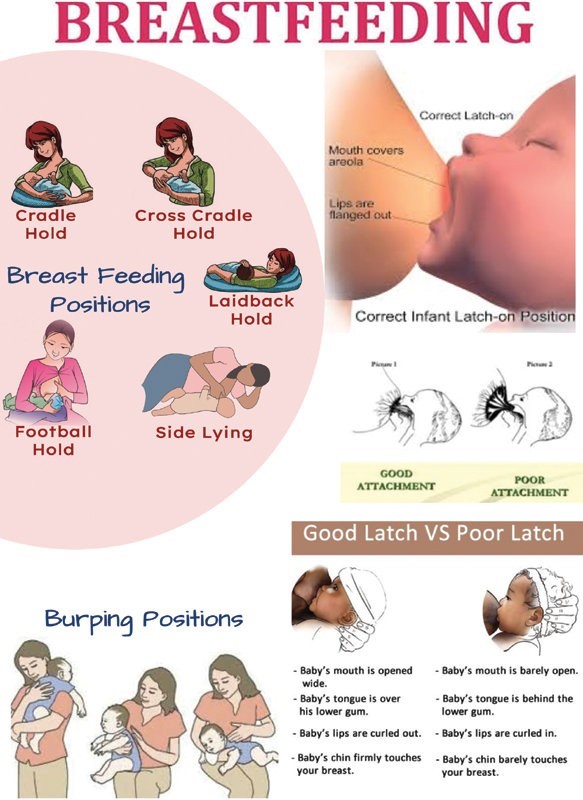A nurse is caring for a client who has a new prescription for furosemide and asks the nurse about the purpose of the medication. The nurse states "This medication is a diuretic that removes excess fluid from your body." Which of the following ethical concepts is the nurse exhibiting?
Accountability
Autonomy
Veracity
Fidelity
Justice
The Correct Answer is C
c. Veracity
The nurse is exhibiting the ethical concept of veracity by providing the client with truthful and accurate information about the purpose of the medication. Veracity refers to the obligation to tell the truth and provide information in an honest and transparent manner.
Explanation for the other options:
a .Accountability: Accountability refers to taking responsibility for one's actions and being answerable for the outcomes. While accountability is an important ethical concept for healthcare professionals, it is not directly demonstrated in this situation.
b. Autonomy: Autonomy refers to respecting an individual's right to make their own decisions and choices regarding their healthcare. While the nurse is providing information to the client, autonomy is not directly demonstrated in this situation.
d. Fidelity: Fidelity refers to being faithful and keeping promises or commitments made to clients. While
fidelity is an important ethical concept, it is not directly demonstrated in this situation.
e. Justice: Justice refers to fairness and the equitable distribution of healthcare resources. While justice is an important ethical concept, it is not directly demonstrated in this situation.
In this scenario, the nurse's action of providing truthful information to the client aligns with the ethical
concept of veracity.
Nursing Test Bank
Naxlex Comprehensive Predictor Exams
Related Questions
Correct Answer is C
Explanation
A nurse reviewing the laboratory results of a client who has DKA should identify that the client's ABG results of pH 7.30, PaCO₂ 34 mm Hg and HCO₃ 21 mEq/L indicate metabolic acidosis. Metabolic acidosis is an acid-base imbalance characterized by a low pH (less than 7.35) and a low bicarbonate level (less than 22 mEq/L).
The other options are not correct.
a) Respiratory alkalosisis an acid-base imbalance characterized by a high pH (greater than 7.45) and a low PaCO₂ (less than 35 mm Hg).
b) Metabolic alkalosisis an acid-base imbalance characterized by a high pH (greater than 7.45) and a high bicarbonate level (greater than 26 mEq/L).
d) Respiratory acidosisis an acid-base imbalance characterized by a low pH (less than 7.35) and a high PaCO₂ (greater than 45 mm Hg).
Correct Answer is D
Explanation
When a mother states that she should have her baby latch on to both the nipple and areola during breastfeeding, it demonstrates an understanding of the correct latch technique. A proper latch involves the baby taking in not just the nipple but also a portion of the surrounding areola. This ensures effective milk transfer and helps prevent nipple soreness or damage.

"My baby should breastfeed 5 to 10 minutes on each breast": This statement is not entirely accurate. It is important to understand that breastfeeding duration can vary among infants, and there is no fixed timeframe for how long a baby should breastfeed on each breast. Some infants
may nurse for shorter periods, while others may take longer. The focus should be on ensuring that the baby is effectively nursing and getting enough milk rather than adhering strictly to a specific time limit.
"I should keep my baby on a strict feeding schedule": This statement is incorrect. Breastfeeding on demand, also known as responsive feeding, is generally recommended for newborns.
Newborns should be fed whenever they show signs of hunger, such as rooting, sucking motions, or increased alertness. Strict feeding schedules can interfere with the baby's natural feeding cues and hinder milk supply establishment.
"I should not wake my baby during the night to breastfeed": This statement is not accurate, especially for a 5-day-old newborn. Newborns typically need frequent feeding, including during the night, to meet their nutritional needs and support proper growth and development. It is generally recommended to wake a sleeping newborn every 2-3 hours during the night to ensure adequate feeding and prevent excessive weight loss.
Whether you are a student looking to ace your exams or a practicing nurse seeking to enhance your expertise , our nursing education contents will empower you with the confidence and competence to make a difference in the lives of patients and become a respected leader in the healthcare field.
Visit Naxlex, invest in your future and unlock endless possibilities with our unparalleled nursing education contents today
Report Wrong Answer on the Current Question
Do you disagree with the answer? If yes, what is your expected answer? Explain.
Kindly be descriptive with the issue you are facing.
